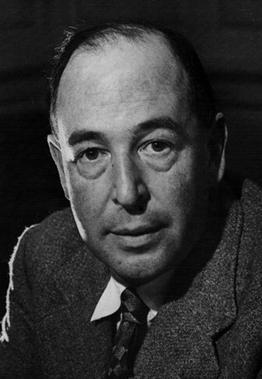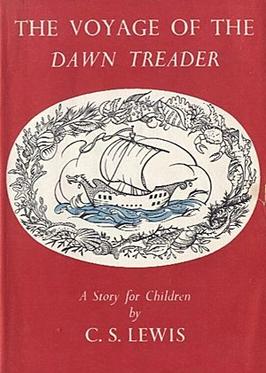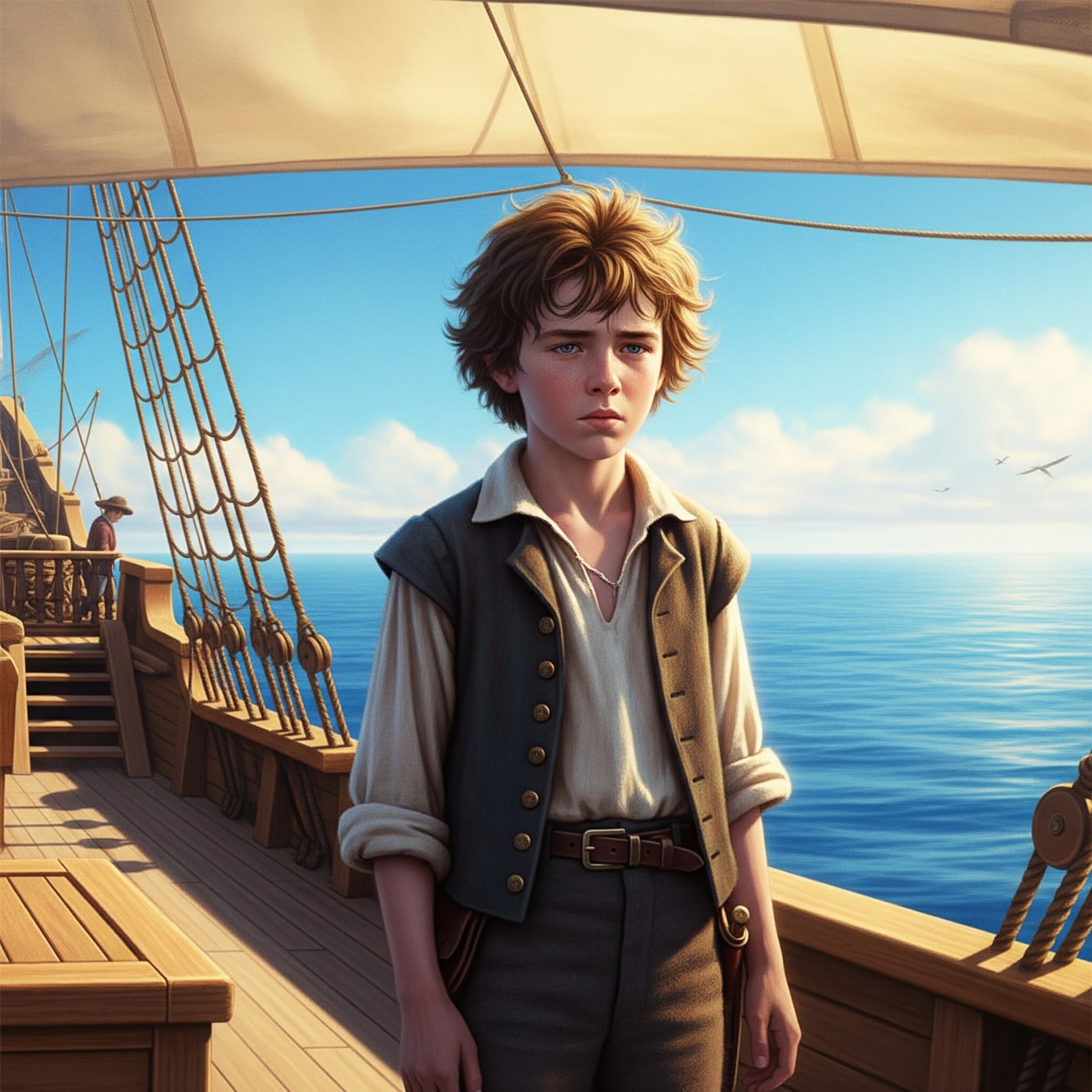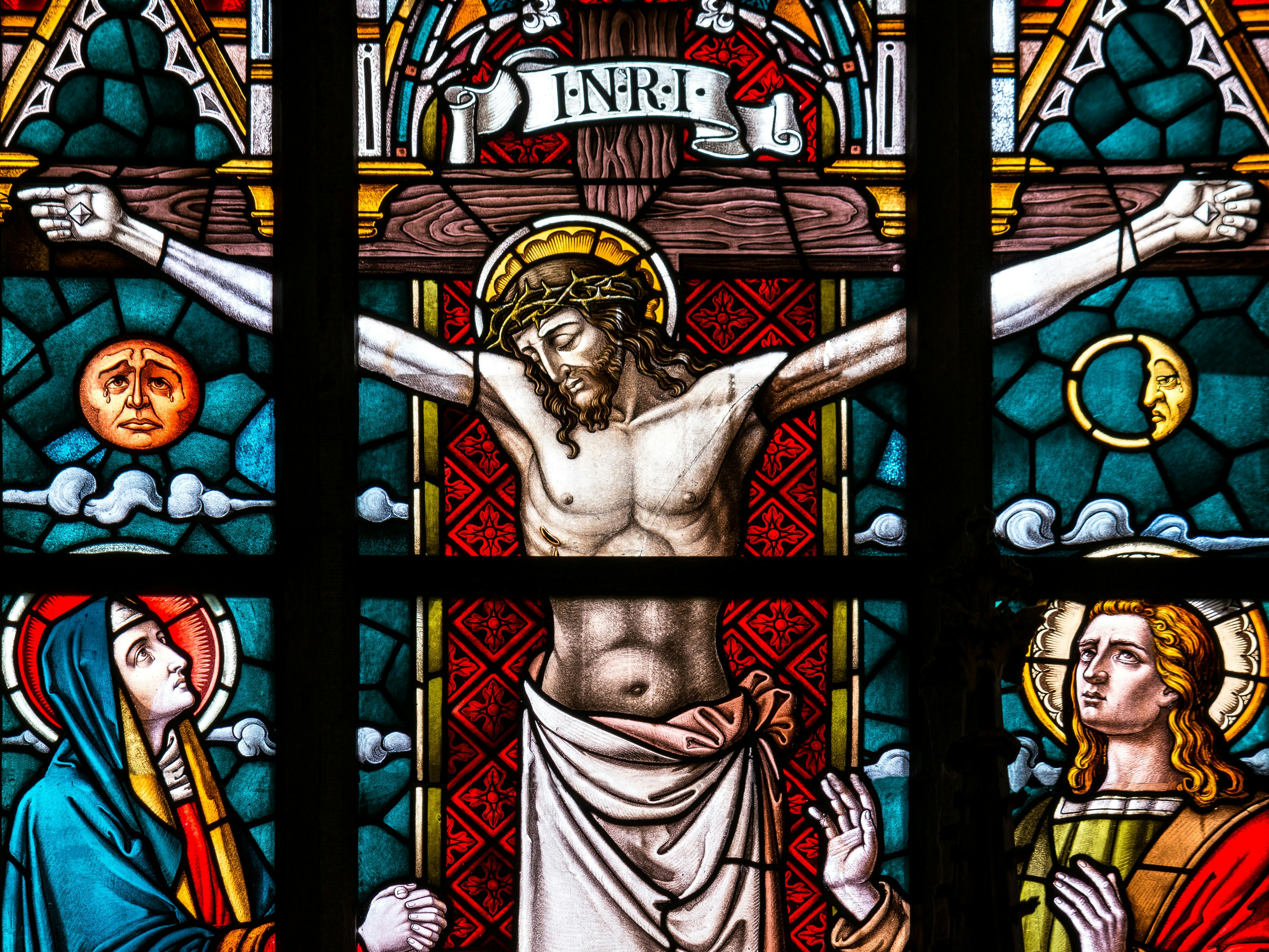Eustace Scrubb and The Voyage of the Dawn Treader
July 24, 2025

C.S. Lewis Devotional No. 4: Eustace Scrubb and The Voyage of the Dawn Treader (The Curse of Everyman)
 In The Voyage of the Dawn Treader, Lewis introduces us to a character who almost makes you squirm when he enters the narrative. He reminds us of people we know and perhaps, sometimes, reminds us of ourselves.
In The Voyage of the Dawn Treader, Lewis introduces us to a character who almost makes you squirm when he enters the narrative. He reminds us of people we know and perhaps, sometimes, reminds us of ourselves.
Eustace is the kind of boy who seems to know everything and yet nothing useful at the same time. He is braggadocious, dodges work at every opportunity, and generally makes a nuisance of himself at all times. When there is work to be done, he cannot be found. He is vain and cowardly. He is the kind of person that when he leaves, it is a pleasant surprise to everyone in the room or, in the case of this story, on the ship.
 Early in the story, the Dawn Treader (the ship of sail) is damaged and is forced to go into port. There is work to be done, but Eustace quietly slips away from the work onto the island where they have anchored. While he is wandering on the island, he becomes lost and stumbles upon a dragon’s lair. Lewis described it this way (notice the comment again about reading the wrong books).
Early in the story, the Dawn Treader (the ship of sail) is damaged and is forced to go into port. There is work to be done, but Eustace quietly slips away from the work onto the island where they have anchored. While he is wandering on the island, he becomes lost and stumbles upon a dragon’s lair. Lewis described it this way (notice the comment again about reading the wrong books).
“Most of us know what we should expect to find in a dragon’s lair, but, as I said before, Eustace had read only the wrong books. They had a lot to say about exports and imports and governments and drains, but they were weak on dragons. That is why he was so puzzled at the surface on which he was lying. Parts of it were too prickly to be stones and too hard to be thorns, and there seemed to be a great many round, flat things, and it all clinked when he moved. There was light enough at the cave’s mouth to examine it by. And of course, Eustace found it to be what any of us could have told him in advance – treasure.”
Consistent with his character, Eustace then tries to take all of the treasure he can with him. He stuffs the coins and gems in his pockets until they are overflowing. He places a bracelet just above his elbow on his arm, and then he falls asleep. Eustace, having read the wrong books, had no idea that sleeping in a dragon's lair transforms a person into a dragon.
“He moved his right arm in order to feel his left, but stopped before he had moved it an inch and bit his lip in terror. For just in front of him, and a little on his right, where the moonlight fell clear on the floor of the cave, he saw a hideous shape moving. He knew that shape: it was a dragon’s claw. It had moved as he moved his hand and became still when he stopped moving his hand.”
Eustace had turned into a dragon while he was asleep. Sleeping on a dragon’s hoard with greedy, dragonish thoughts in his heart, he had become a dragon himself. In this state, Eustace was not only in pain, but he also began to realize that the treasure he had pursued left him alone and isolated. Before, his isolation seemed a choice, but now it was thrust upon him, a consequence of his character becoming painfully recognizable even to himself.
“He wanted to be friends. He wanted to get back among humans and talk and laugh and share things. He realized that he was a monster cut off from the whole human race. An appalling loneliness came over him. He began to see that the others had not really been friends at all. He began to wonder if he himself had not been such a nice person as he had always supposed.”
Eustace became, in the minds of the ship’s company, a much nicer person as a dragon than he had ever been as a person. At the very least, his character was now transparent. The ship’s company begins to consider what they will do with Eustace when they leave – they can’t take him with them, can they? I mean, how do you take a dragon with you on a ship? The more he considers his circumstances, the more Eustace becomes depressed. All he can think about is his pain – the bracelet on his arm. Knowing that he is a reptile, Eustace considers the fact that he might be able to “scratch” out of his skin. He tries again and again, but it does not work. His problem appears to be more than “skin” deep. Then he meets the lion – Aslan.
“Then the lion said – but I don’t know if it spoke – you will have to let me undress you. I was afraid of his claws, I can tell you, but I was pretty desperate now. So I just lay down on my back to let him do it.
The very first tear he made was so deep that I thought it had gone right into my heart. And when he began pulling the skin off, it hurt worse than anything I’ve ever felt. The only thing that made me able to bear it was just the pleasure of feeling the stuff peel off. Aslan threw him in the water.”
What an interesting way to consider the Biblical truth that “where your treasure is, your heart will be also.” We give little thought, most of the time, to the treasures we hold dear. We do not consider how they shape our character and our hearts. Jesus consistently encountered individuals whose hearts had been reshaped by their treasures, rendering them "dull" to His message. Examples include the rich young ruler, the man who built larger barns for his abundant goods, and the man who wished to bury his father before following Christ, as well as David’s love for Bathsheba. Jesus clearly asserted that one cannot be His disciple if their heart is not free from attachments. Lewis strongly echoed this challenge in his own stories, understanding that "where your treasure is, there your heart will be also."
When Eustace became a dragon, his real problem became evident. As a human, Eustace’s character was hidden behind a mask that disappeared when he took the form of a dragon. Now, as a dragon, he began to see who he really was, and he did not like what he saw. It became obvious that what he “treasured” disrupted his relationships with his friends and his community. Was there a way to rescue him in his current state?
 Lewis knew that at the core of the Gospel is the disruption of the heart – we have loved the wrong things. When Jesus was asked what the greatest commandment was, he answered: to love the Lord your God with all your heart and mind. Only when you get your “first” love in the proper place is everything else placed in the right order. So Eustace has to have his “heart” pierced by the lion so he might experience real transformation. As Eustace needs transformation, so do we.
Lewis knew that at the core of the Gospel is the disruption of the heart – we have loved the wrong things. When Jesus was asked what the greatest commandment was, he answered: to love the Lord your God with all your heart and mind. Only when you get your “first” love in the proper place is everything else placed in the right order. So Eustace has to have his “heart” pierced by the lion so he might experience real transformation. As Eustace needs transformation, so do we.
Lewis did not leave the story with Eustace in isolation. It was evident that he was “cleansed” by the lion. Eustace wanted so much to complete the process himself but freeing ourselves from the objects of our affections is not something we do on our own. We need the one who rejected all to save humanity – Christ. It is Christ who reforms Eustace. His tears were deep and painful. I love the way Lewis ended this part of the story. Eustace was not healed completely in an instant. It was the beginning of a process of change.
“It would be nice, and fairly true, to say that from that time forth Eustace was a different boy. To be strictly accurate, he began to be a different boy. He had relapses. There were still many days when he could be very tiresome. But most of those I shall not notice. The cure had begun.”
We may want the “cure” to be immediate, but the real cure takes years of work through Christ. It is certainly my hope that the cure has begun in me, although there may still be many days when I am tiresome.